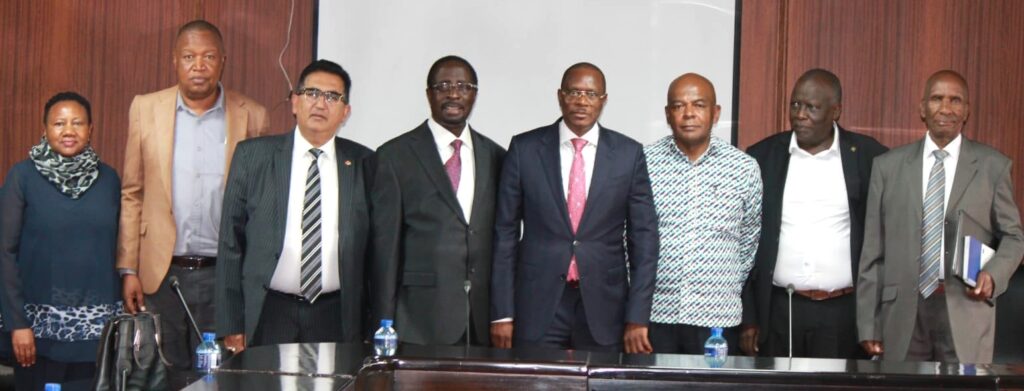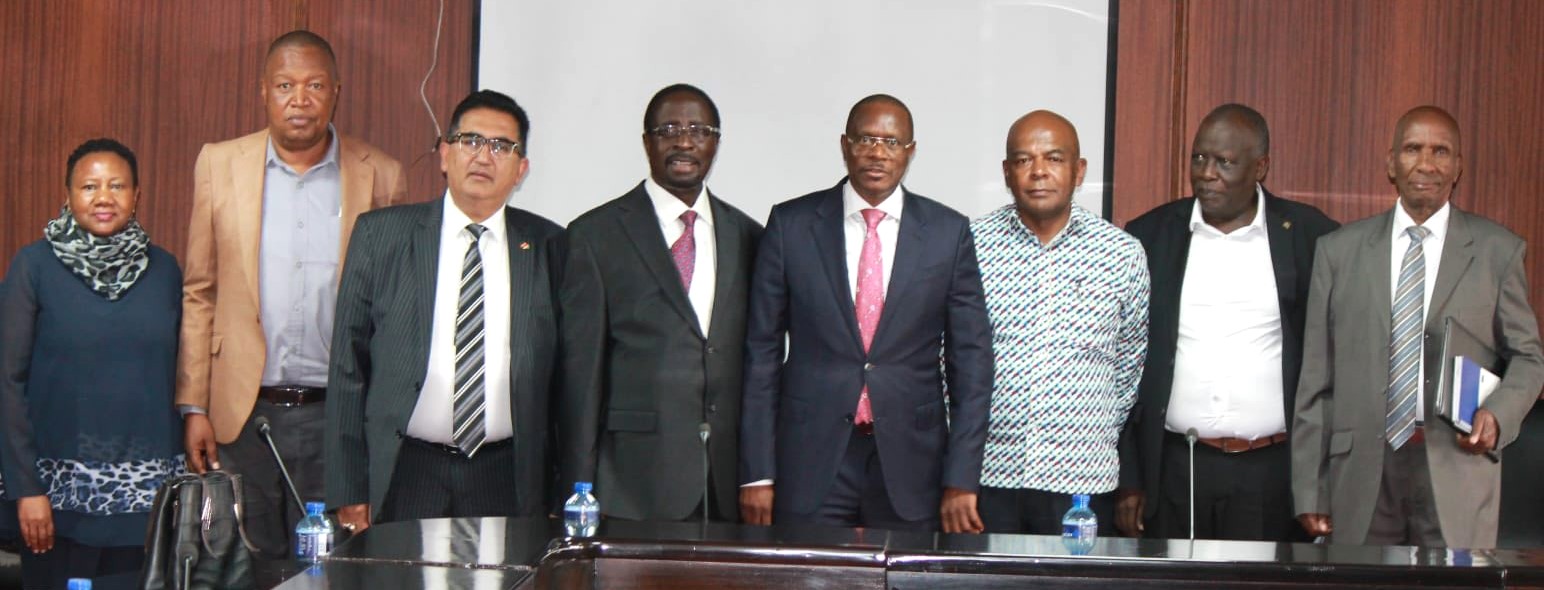
The Departmental Committee on Transport held a consultative engagement with the Federation of Public Transport Sector to deliberate on the challenges facing public service vehicle operators.
Top among their concerns were gaps in the Public Transport Sessional Paper, inadequate legislation and regulations, excessive taxation with little reinvestment in the sector, and ongoing issues with regulatory bodies such as NTSA and NaMATA.
The federation also raised red flags about the dysfunctional vehicle insurance systems, lack of training facilities like a dedicated Road Transport Institute, and poor public transport infrastructure across the country.
Calling for an urgent intervention from the Transport Committee, the federation proposed the development of a National Road and Transport Master Plan. This comprehensive framework would guide infrastructure development and management across all transport modes, with an emphasis on efficiency, connectivity, and economic growth.
“The Master Plan would help reduce operational costs, streamline investment, and improve overall efficiency in public transport,” stated Mr. Edwin Mukabana, who led the delegation.
“It’s time we had a unified roadmap that guides the future of transport in Kenya,” he added.
The committee, noting the importance of the implementation of such a plan, emphasized that it would consider all modes of transport (roads, railways, air, and sea) and their interdependencies. The members also noted that the plan would help strengthen institutional capacity to manage transport systems effectively.
The Committee also acknowledged the urgency of the situation and emphasized the need for a holistic approach involving all sector players to consider the interconnectivity of road, rail, air, and sea transport systems.
The lawmakers also highlighted the importance of strengthening institutional capacity and ensuring sustainable urban and rural mobility.
However, the engagement was not without scrutiny. Lawmakers confronted the FPTS about persistent issues within the PSV sector, including rampant indiscipline, non-compliance with legal requirements, the operation of unroadworthy vehicles, and the widespread influence of cartels that inhibit fair competition and entry of new investors.
Members also raised concerns over public safety, with PSV operators often blamed for traffic violations, overloading, corruption-fueled impunity, and unsafe practices that have resulted in injuries and loss of lives on Kenyan roads.
Despite the challenges, both parties agreed that the meeting marked a crucial first step in initiating reforms. The committee recommended broader consultations involving the Ministry of Transport, relevant regulatory agencies, and other stakeholders to chart a unified, sustainable path forward.
“This meeting has opened our eyes to the complexity of the issues, but also to the opportunities for reform,” Chair George Kariuki remarked.
“With honest dialogue and coordinated action, we can transform Kenya’s public transport system for the better,” the chair added.
The Federation of Public Transport Sector (FPTS)—a national lobby group registered under the Society Act, represents the rights and interests of public service vehicle (PSV) investors in Kenya.
Members of the federation include the Matatu Welfare Association (MWA), the Matatu Owners Association (MOA), the Mt. Kenya Matatu Owners Association, the Association of Bus Operators Kenya, the Association of Matatu Operators, the Matatu Transport Vehicles Association, the Association of Matatu Transport Owners, the Linear Path Association, and Investors in Matatu Transport.


